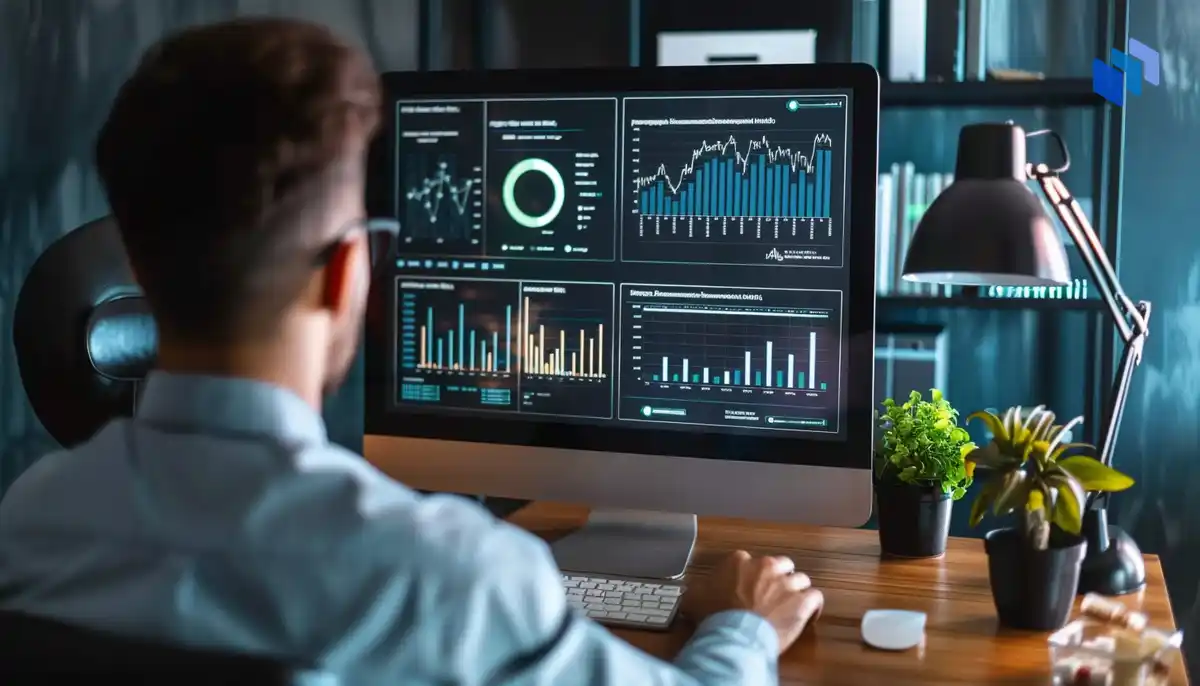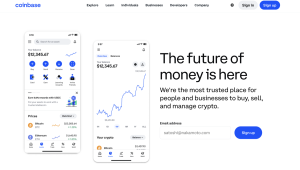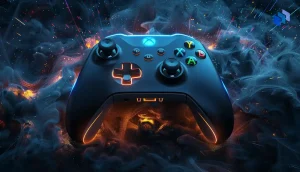The surge of interest in AI crypto coins is amongst the biggest breakout trends for cryptocurrency markets in 2023.
Investors have flocked to leading crypto AI platforms such as Fetch.AI and Singularity Net in pursuit of super-charged gains fuelled by the flurry of discussion and activity.
But what are AI crypto coins, and how do they work? Let’s dig in.
What are AI Crypto Coins?
AI crypto coins mark a revolutionary juncture in the world of digital currencies, where artificial intelligence meets blockchain.
These coins are not just about cryptocurrency; they are about leveraging the decentralized, secure nature of blockchain as a platform for AI development and operations.
This hybrid creates a new ecosystem where AI can thrive independently, fostering innovations in AI technology while ensuring the benefits of blockchain, such as transparency, security, and decentralization.
How Do AI Crypto Coins Work?
At their core, AI crypto coins utilize blockchain technology to create a decentralized framework for AI applications.
This includes everything from developing AI models to executing AI-driven tasks in a secure, transparent manner – across countless industries such as healthcare, logistics, and finance.
The process begins with AI algorithms operating on blockchain networks, where they can access, analyze, and learn from vast pools of tokenized data.
These AI systems are then employed for various purposes, including but not limited to predictive analytics, automated decision-making, and machine learning advancements.
The integration of AI into blockchain ensures not only the efficiency of these tasks but also their trustworthiness and auditability, thanks to the immutable nature of blockchain records.
Why Are AI Crypto Coins Popular?
The rising popularity of AI crypto coins can be attributed to several factors:
- The AI Narrative: With the AI sector booming, investments in AI crypto coins are seen as a gateway to partake in the AI revolution. As AI continues to transform industries, these coins represent a novel and direct way to invest in the future of technology.
- Decentralized AI Development: These coins enable a decentralized approach to AI development, opening doors for broader participation, innovation, and collaboration in the AI field.
- Enhanced Security and Transparency: By combining AI with blockchain, these coins offer enhanced security and transparency, key attributes in today’s digital economy.
- Diverse Applications: AI crypto coins have a wide range of applications across various sectors, from healthcare to finance, making them attractive for both technological and financial investments.
Does AI Need Crypto Coins?
While AI can exist without crypto coins, the integration of AI with blockchain through AI crypto coins creates a synergistic relationship that amplifies the strengths of both technologies.
Blockchain provides a decentralized and secure platform for AI to operate, enhancing trust in AI decisions and models.
This combination opens up new possibilities for AI development, particularly in terms of accessibility, security, and scalability.
Therefore, while not a necessity, AI crypto coins represent a significant advancement in how AI can be developed and utilized, aligning with the current trend toward decentralization in technology.





